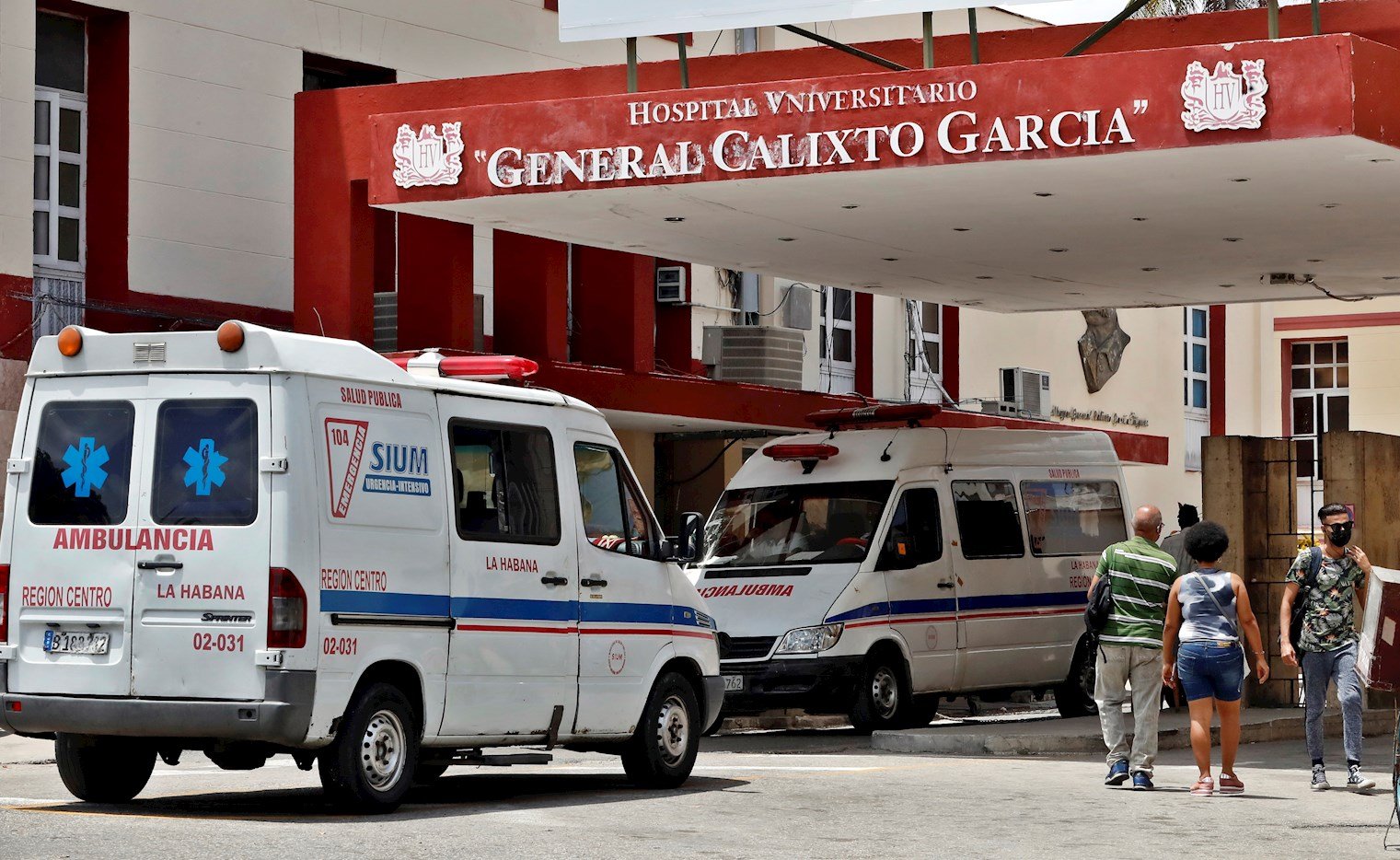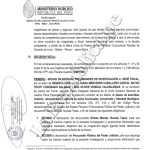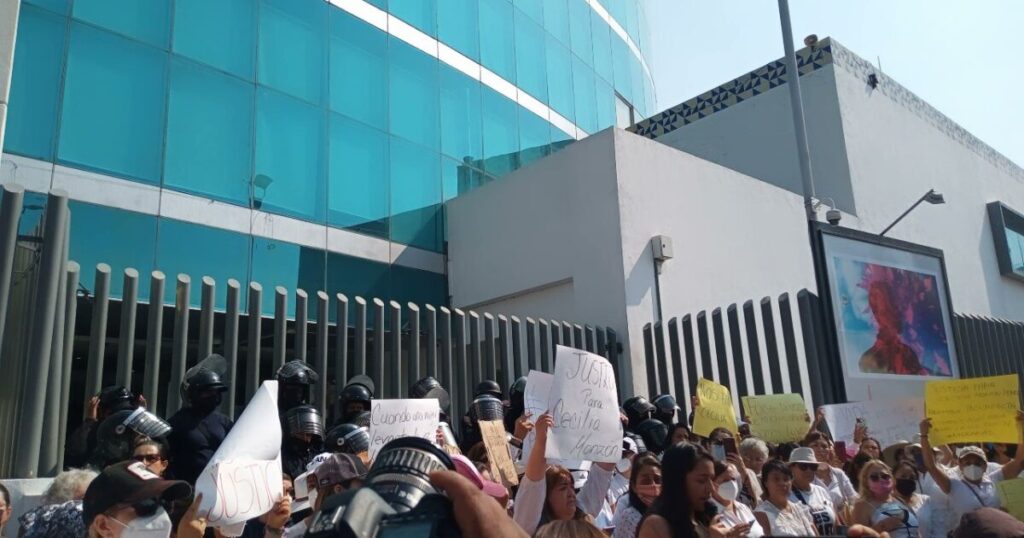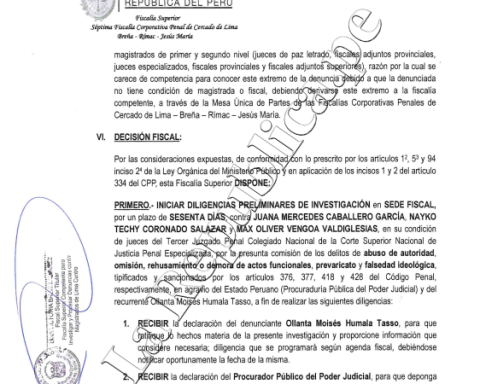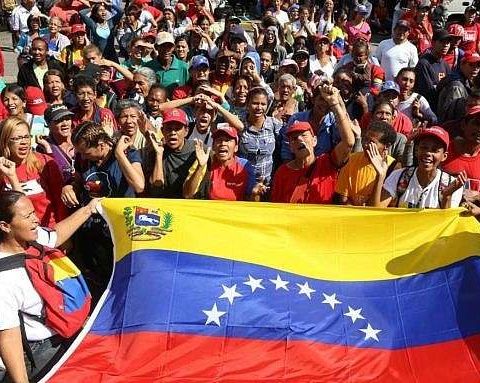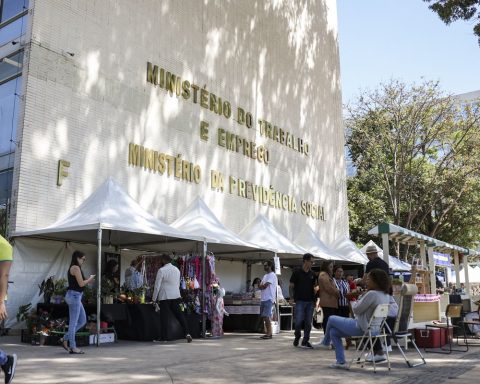The Ministry of Public Health (MINSAP) of Cuba has reinforced vigilance in the face of the worldwide increase in cases of monkeypox or monkeypoxas reported today by official media on the island.
At the headquarters of the Civil Defense General Staff, and during his participation in the popular exercise to update actions in disaster situations “Meteroro 2022”, Dr. Francisco Durán García, national director of Epidemiology of the health agency, called for closer epidemiological surveillance and to strengthen primary health care, in accordance with published by website Cubadebate (CD).
The World Health Organization (WHO) confirmed this Saturday that it has information on more than 80 cases of monkeypox around the world, and announced the beginning of a working protocol with the affected countries to improve “their understanding of the scope and causes of the disease,” says the media.
Monkeypox: “As we enter the summer season in the European region, with mass gatherings, festivals and parties, I am concerned that transmission may accelerate,” a WHO official said https://t.co/d12YXSnDBQ
— BBC News Mundo (@bbcmundo) May 22, 2022
In addition to the identification of infections in a dozen countries, the health agency is aware of the existence of fifty additional cases pending confirmation of a virus that it describes as “endemic in the animal populations of several countries,” adds the publication.
However, the WHO admits that the outbreaks found make up an “atypical” circumstance for occurring in “non-endemic” places. “Monkeypox spreads differently from the coronavirus, always under close contact,” explains the organization, according to CD.
“People who have had close interaction with someone affected are at higher risk of contagion. This population includes health workers, family members or sexual partners, ”indicates the WHO in its information, reviewed by the digital site.
The official WHO report explains that scientists are working on 50 investigations to better understand the scope and cause of this outbreak, but it is likely that more cases will be reported to the same extent that surveillance is expanded, the source adds.
The publication recalls that in a statement dated May 19, the UN body points out that the clinical presentation of monkeypox resembles that of smallpox, an infection related to the orthopoxvirus that was declared eradicated worldwide in 1980 Monkeypox is less contagious than smallpox and causes less severe illness.
Vaccines used during the smallpox eradication program also provided protection against monkeypox, and newer vaccines have been developed, one of which has been approved for the prevention of monkeypox, says CD.
Monkeypox is a contagious disease that is spread between people by large respiratory droplets during direct and prolonged face-to-face contact, direct contact with bodily fluids of an infected person or with contaminated objects, and even from mother to child. The symptoms are fever, chills and swollen lymph nodes, but what most complicates the disease are the skin lesions it produces on the face and hands, the publication stresses.
Various media indicate that one of the countries hardest hit by the outbreak is Spain, where the Community of Madrid confirmed 30 cases and the existence of another 39 suspects. In six other Spanish regions, possible infections are being investigated. The WHO document reviewed by the media recalls that it is the first time that transmission chains have been reported in Europe without known epidemiological links with West or Central Africa.
